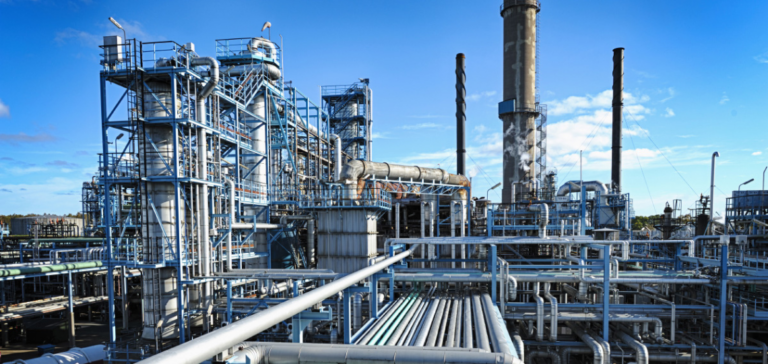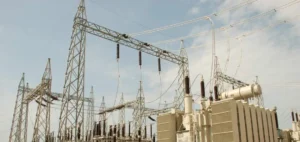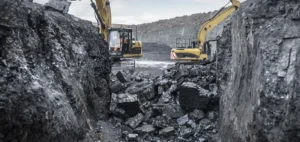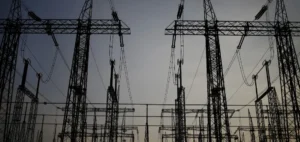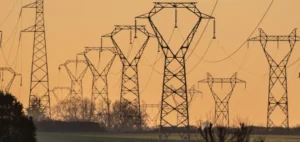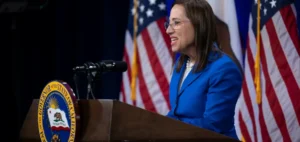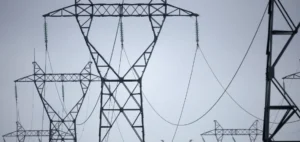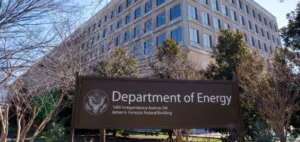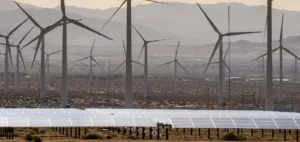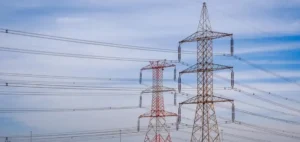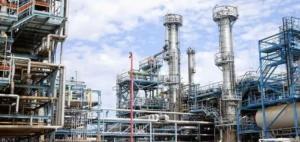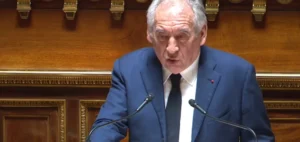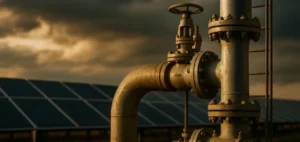RETI (Reconciliation Energy Transition Inc) announces its selection by the State of Alberta to evaluate a carbon sequestration facility.
Announcing an evaluation
RETI announces that the Government ofAlberta has awarded RETI the contract to evaluate a carbon capture facility. The site will be located east of Calgary. The center will provide an open access carbon sequestration service.
RETI plans to enter into a carbon sequestration assessment agreement with Alberta Energy. This agreement will allow the company to conduct evaluations and tests to confirm the suitability of the center. The goal is to permanently trap carbon dioxide in saline aquifers.
A controlled development
The RETI monitored facility could initially trap up to 5 million tons per year of carbon dioxide. However, this rate could increase to 10 million tons in the next few years. The company believes that the carbon sequestration center will be the foundation for an industrial center in southern Alberta.
Alberta will thrive on emerging renewable fuels. The state is also banking on the sustainable development of hydrogen. In addition, RETI recognizes the right of people to have a say in the economics of decarbonization in Canada.


